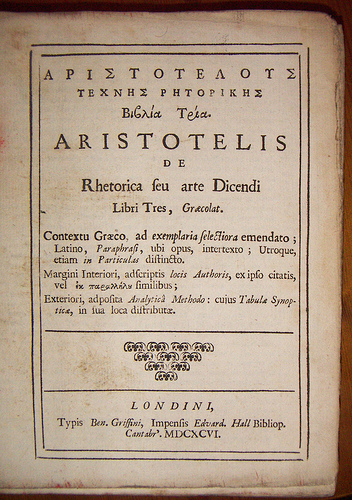New chapters for adult literacy
September 7, 2014 1 Comment
Being able to read fluently is much more than a ‘functional’ skill, essential as it is for employability, health, democracy and everyday life.
As avid readers ourselves, Ruth Spellman and I really enjoyed getting together with Cathy Rentzenbrink and Jo Dawson of Quick Reads this week. We met to explore how WEA students could benefit from their short books. Big name authors have written them and they are designed to be easy to read. We ended up wanting to read some of them ourselves – because they are appealing and not because we think they might be ‘good for us’.
Hopefully the days when adults learnt to read or improve their understanding of written English using ‘Janet and John’-type children’s books are long gone and there are many imaginative adult literacy programmes and resources. As Sam Shepherd reminds us in his blog here, ESOL students might have studied to a high academic level in their first language. Adults should have learning resources that respect their maturity and don’t patronise them.
Cathy and Jo promote Quick Reads with a gusto that comes from an obvious love of their work. It’s a mission for them. Cathy captured the mood of our discussion when she said, “We don’t want to suck the joy out of reading.”
For Cathy and Jo – and the WEA – books are part of a rich mix of experience that shapes people’s lives. A lack of accessible books – and art, music, drama and humanities education – can make ‘culture’ exclusive but it is an important part of education and one of the WEA’s four educational themes. (The others are employability, health and wellbeing and community engagement.) Books trigger all sorts of feelings and can help us to experience life in other places, times and cultures. They let us see the world from other people’s points of view and enrich our experience.
Spreading a message about the delight of getting engrossed in a good book is a positive way of encouraging some reticent readers to improve their literacy skills. Popularising reading for entertainment as a regular part of life is a good way of hooking people to become book lovers. Television’s Richard and Judy have introduced many people to contemporary fiction through their Book Club and it’s interesting to see that BBC Radio 2 has a book club too.
The Quick Read books and the Reading Agency’s Six Book Challenge can be used to enhance ESOL or adult literacy courses to improve reading skills. They can also be used as the basis of book clubs that can include people who are building up their confidence in reading. Group discussion of a book gives readers a chance to practise self-expression and to exchange views. They can learn the important messages that readers interpret books in different ways and that it’s OK not to like a book, even if it’s written by a well-known author.
Adults developing their expertise and self-assurance though reading books that grip them can apply their improving skills in work, community and family settings. They can also learn about other people’s lives and thoughts to broaden their own understanding.
Do you use Quick Reads or the Six Book Challenge in adult education? Have you read any or taken part in the challenge? It would be good to hear your views.















Recent Comments